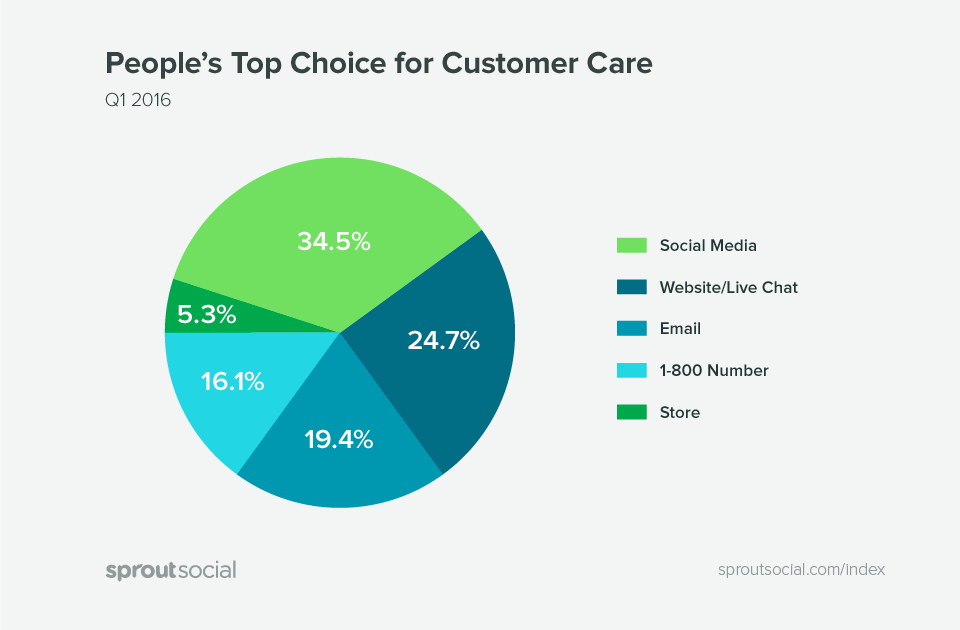By Amanda Machado
As prices rise faster than most paychecks, finding ways to increase your income has become more important than ever — especially if you’re looking to boost your bank account. Fortunately, you don’t need a long program or expensive training to increase your earning potential. With free tutorials and short online courses, you can learn high-demand skills in a matter of weeks, helping you build a reliable side income.
Below are 10 practical, fast-track skills you can learn in under a month to earn more.
1. Data analysis
Estimated cost: Free to $500
Learning basic data analysis helps you organize, clean, and interpret information to make informed business decisions. In under a month, you can learn spreadsheet formulas, data visualization, and simple SQL queries through platforms like Coursera, DataCamp, or YouTube.
These foundational skills are valuable across industries, from marketing to finance, where employers value data-driven decision-making.
There are free courses available on different platforms while more structured programs can cost a bit more.
2. Basic web development
Estimated cost: Free to $49
A month of consistent learning can help you master the fundamentals of website creation, including HTML structure and CSS styling. FreeCodeCamp and Codecademy offer beginner-friendly lessons that cover how to build responsive web pages from scratch. With these skills, you can pursue freelance work, build your portfolio website, or strengthen your digital literacy for other tech roles.
3. Digital marketing
Estimated cost: Free to $1,000
Understanding how to reach and engage audiences online can immediately boost your career prospects. In a few weeks, you can learn SEO, analytics, and ad basics from Google Digital Garage or HubSpot Academy. These skills are in high demand among businesses seeking to enhance visibility, attract leads, and grow their customer base organically.
Costs vary depending on what you’re looking for, but it’s more than possible to learn a few tricks at no cost.
4. Graphic design
Estimated cost: Free to $2,400
You don’t need an art background to learn the foundations of visual communication. With beginner-friendly platforms like Canva, Adobe Express, and free tutorials on YouTube or Coursera, you can pick up layout principles, typography, and simple branding techniques.
Within a month, you’ll be equipped to create professional social media graphics, marketing materials, and polished presentations that translate directly into freelance income or higher-paying opportunities.
In terms of what you might pay, there are some more expensive options available. The trade-off is that you’ll have full access to the course materials forever once enrolled.
5. Copywriting
Estimated cost: Free to $1,499
Strong writing remains in demand, no matter the industry. Short courses on Skillshare, HubSpot, and YouTube can teach you the basics of copywriting, storytelling, and brand tone in just a few weeks. While there are free courses available, you can also invest in some like the Copy Cure for $1,499.
Once you’ve learned the fundamentals, you can start offering web copy, social captions, and blog posts, services that often pay an average of $71,224 per year, depending on your experience.
6. Project management
Estimated cost: Free to $799
With tools like Trello, Asana, and Notion, you can quickly learn how to organize tasks, manage timelines, and apply simple Agile or waterfall methods. Short courses on Coursera and LinkedIn Learning cover the essentials and can even prepare you for entry-level certifications. Within a month, you’ll be ready to support small projects or coordinate workflows, a skillset that often leads to higher-paying roles or freelance opportunities.
Cost-wise, you have the opportunity to become certified as a project management professional, for instance. In this case, you could spend up to $799 to prep for the exam (along with the cost of taking the exam).
7. Chatbot development
Estimated cost: Free to $100
Chatbots are now widely used in customer service, marketing, and sales. Within a month, you can learn to build simple automated assistants using platforms like Dialogflow, ManyChat, or ChatGPT-based tools. Free YouTube tutorials and introductory courses on Udemy or Coursera walk you through conversation design, flow building, and integrations.
With these fundamentals, you can create functional bots for businesses or freelancers, opening the door to gigs and higher-paying digital roles.
8. Data visualization
Estimated cost: Free to $249
With business decisions now guided by data, strong visualization skills help teams understand trends, interpret performance, and communicate findings clearly. You can learn this skill through beginner-friendly platforms like Tableau Public, Power BI, and Google Data Studio, supported by free YouTube tutorials or short, structured courses on Coursera, Udemy, or Kaggle.
While a lot of courses are free, some platforms also offer you a certificate if you pay.
9. Video editing
Estimated cost: Free to $2,250
Short-form video now drives most online engagement, yet many brands still struggle to consistently produce clean, professional content. Learning video editing allows you to shape stories, improve pacing, and elevate visuals across social media, ads, and YouTube. You can pick up essential skills using DaVinci Resolve or CapCut, then sharpen your techniques through free YouTube tutorials or beginner courses on Skillshare.
There are a ton of courses available online. And while some courses cost money, that doesn’t necessarily mean it will take you longer: you can complete many in 30 days or less.
10. UX/UI design
Estimated cost: Free to $159
Customers today expect seamless experiences with every website or app they interact with. UX/UI design teaches you how to understand user behavior, map journeys, and create intuitive interfaces that boost engagement. You can learn through Google’s UX certificate, Coursera, and YouTube tutorials, and foundational skills already open doors to roles paying around $90,930 annually.
Bottom line
Investing a few weeks to learn high-demand skills can immediately boost your earning potential and help you move beyond living paycheck to paycheck. From data analysis to UX/UI design, these skills equip you to stay competitive in a rapidly changing job market.
The World Economic Forum predicts that around 170 million new jobs will emerge this decade, driven by technology, sustainability, and demographic shifts, making now the perfect time to skill up for the careers of tomorrow.
















 Hard Skills vs. Soft Skills in Your Résumé
Hard Skills vs. Soft Skills in Your Résumé Top Skills to List in Your Résumé
Top Skills to List in Your Résumé Look for Target Keywords
Look for Target Keywords How to List Skills In Your Résumé
How to List Skills In Your Résumé













